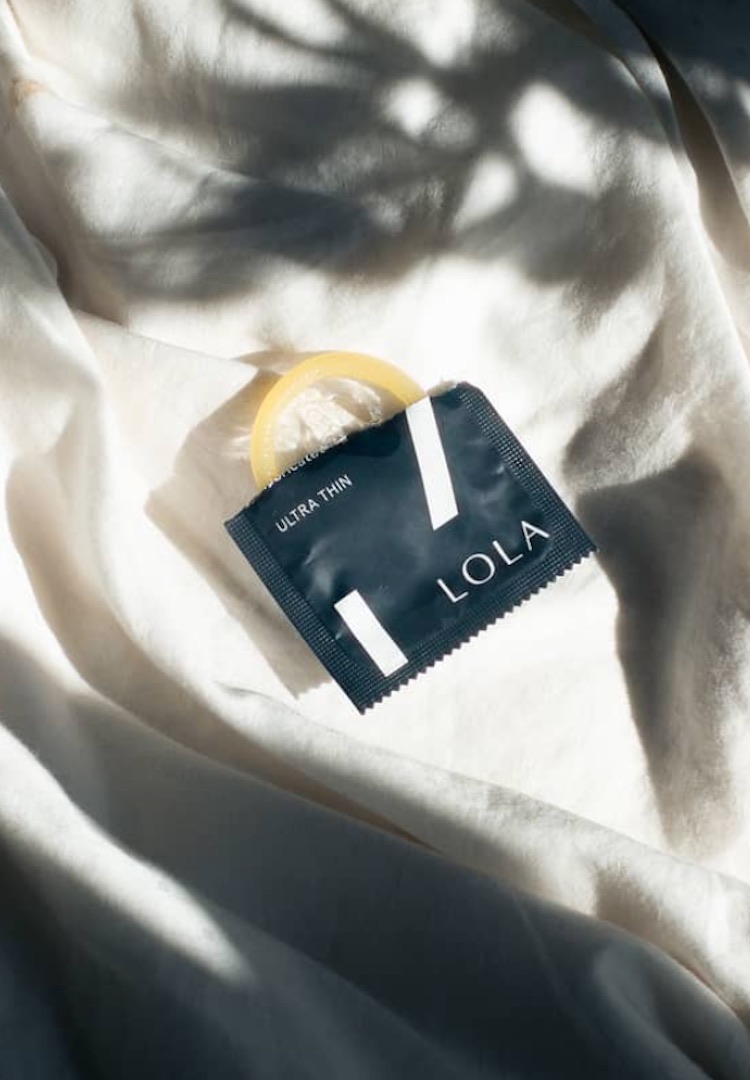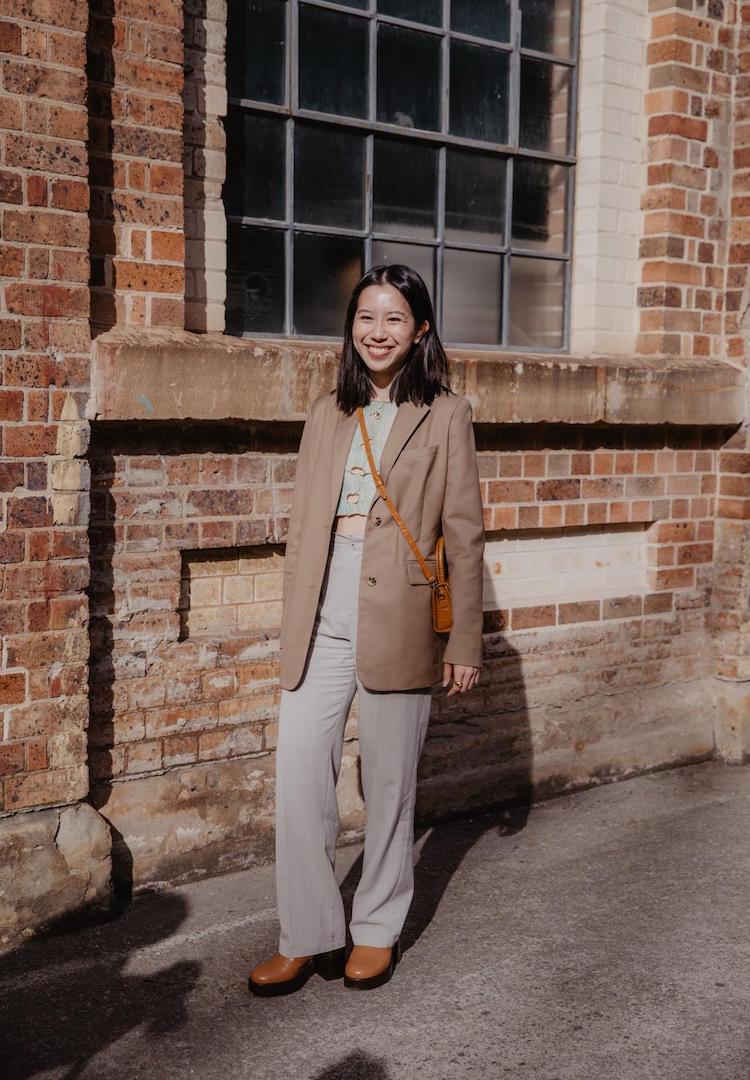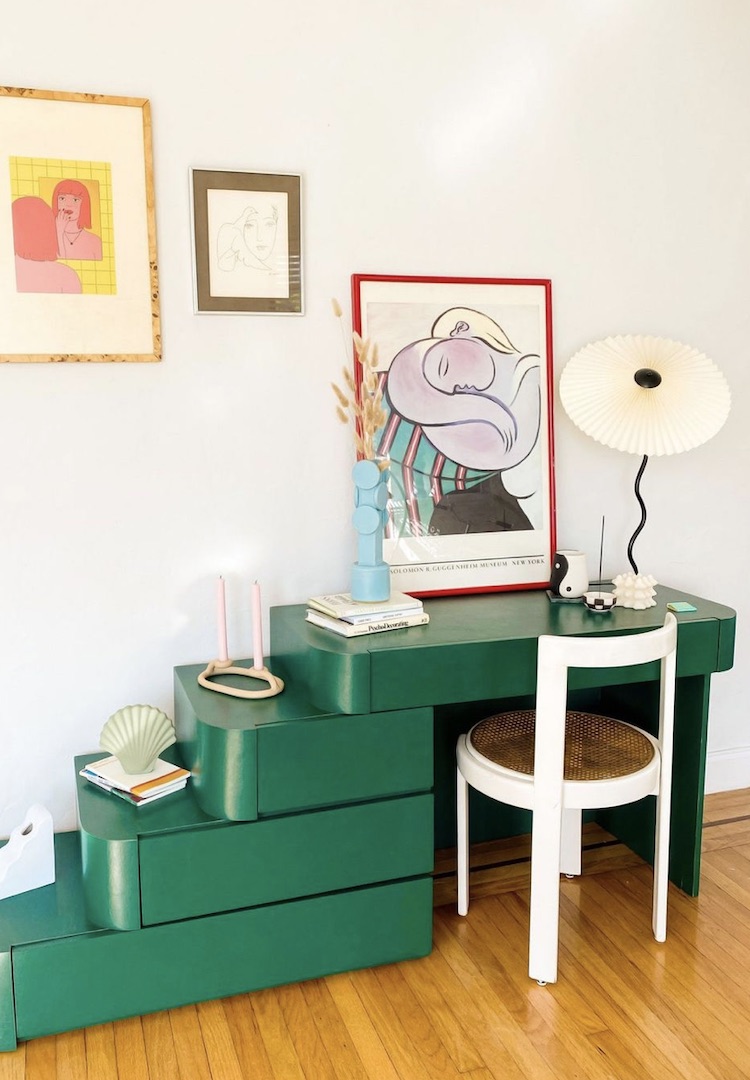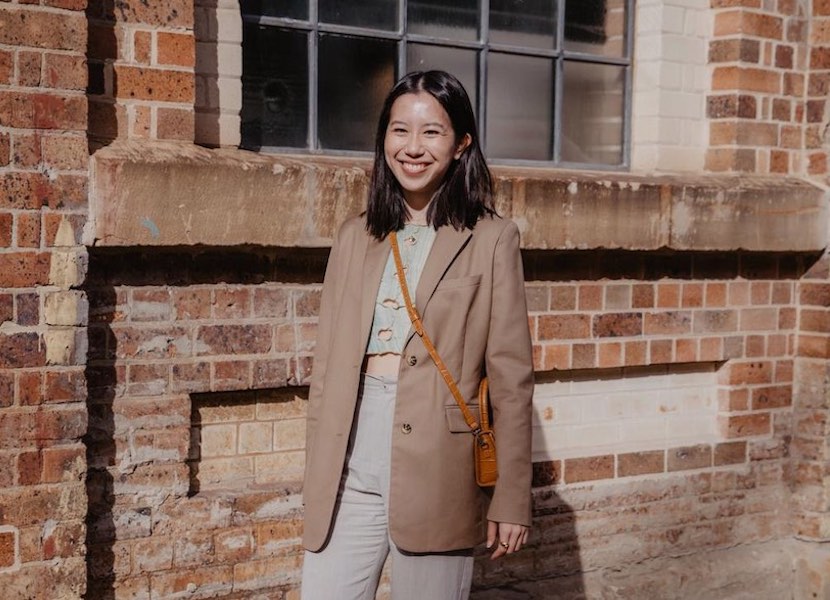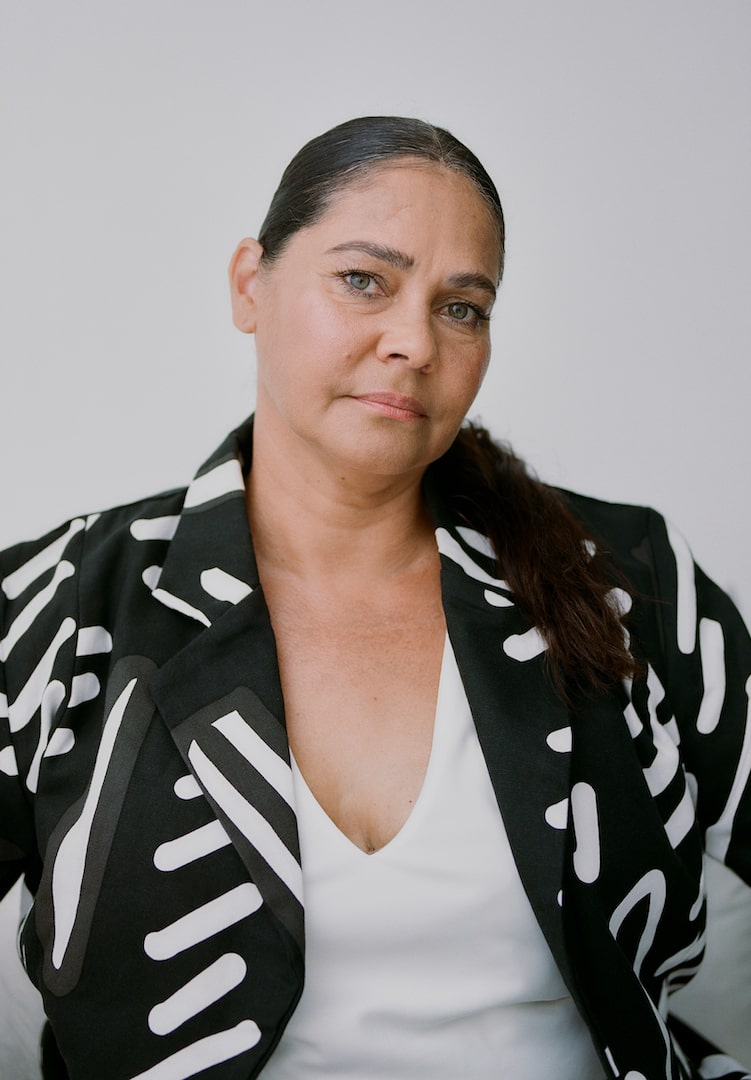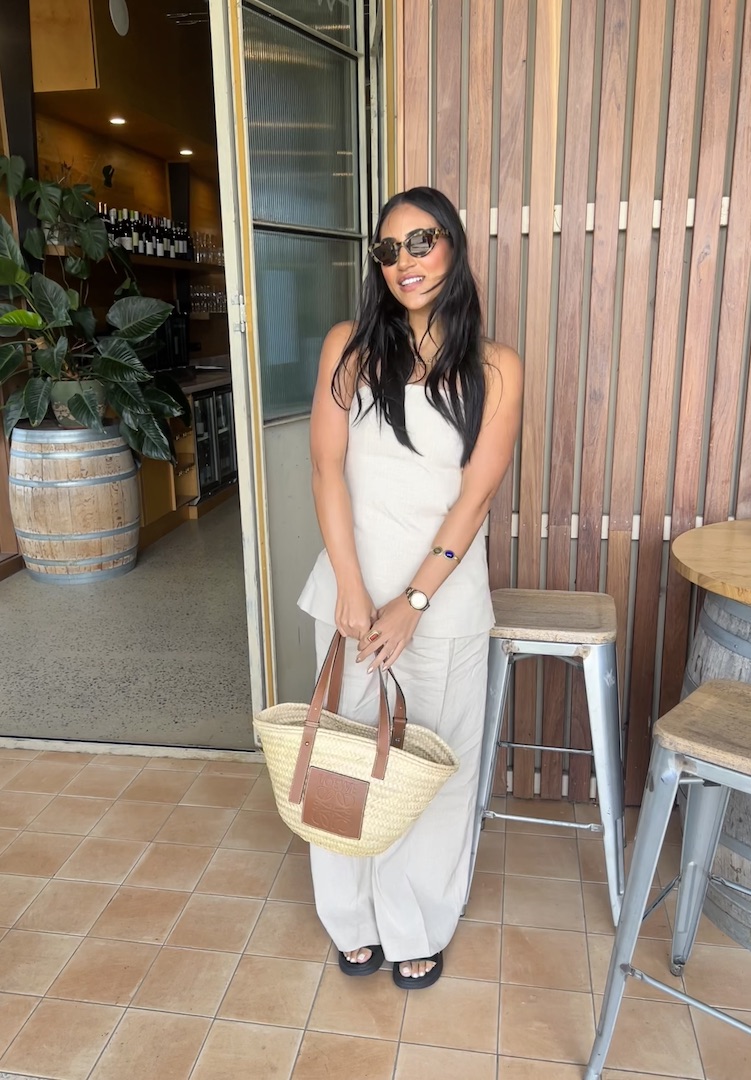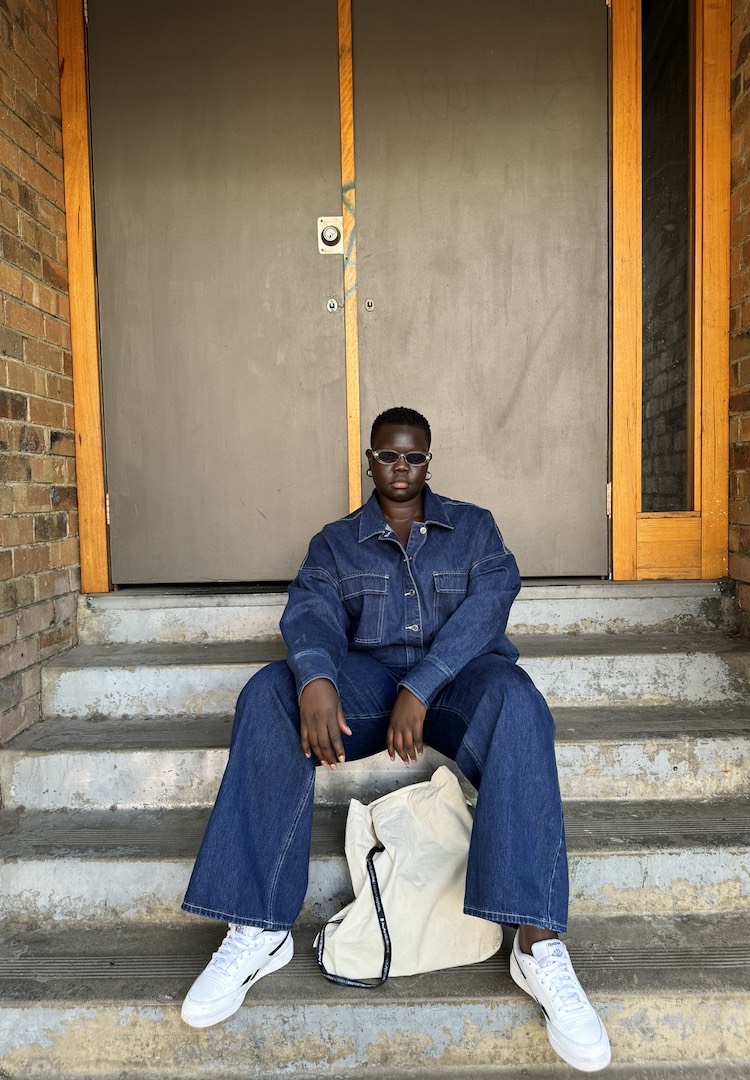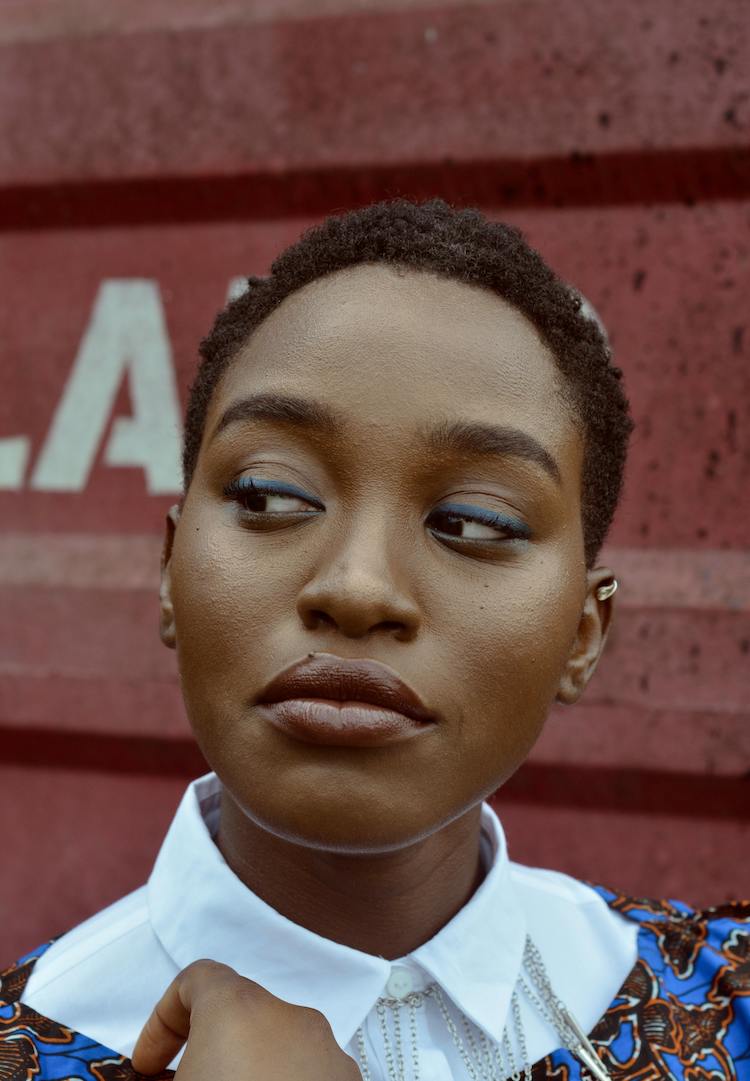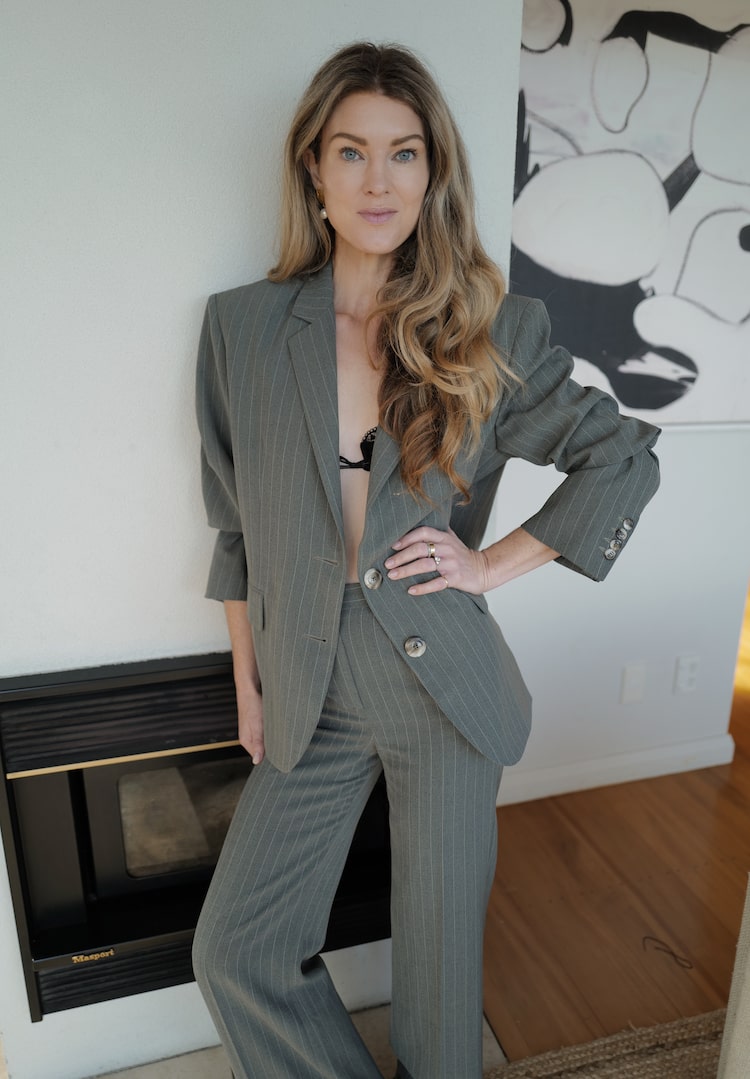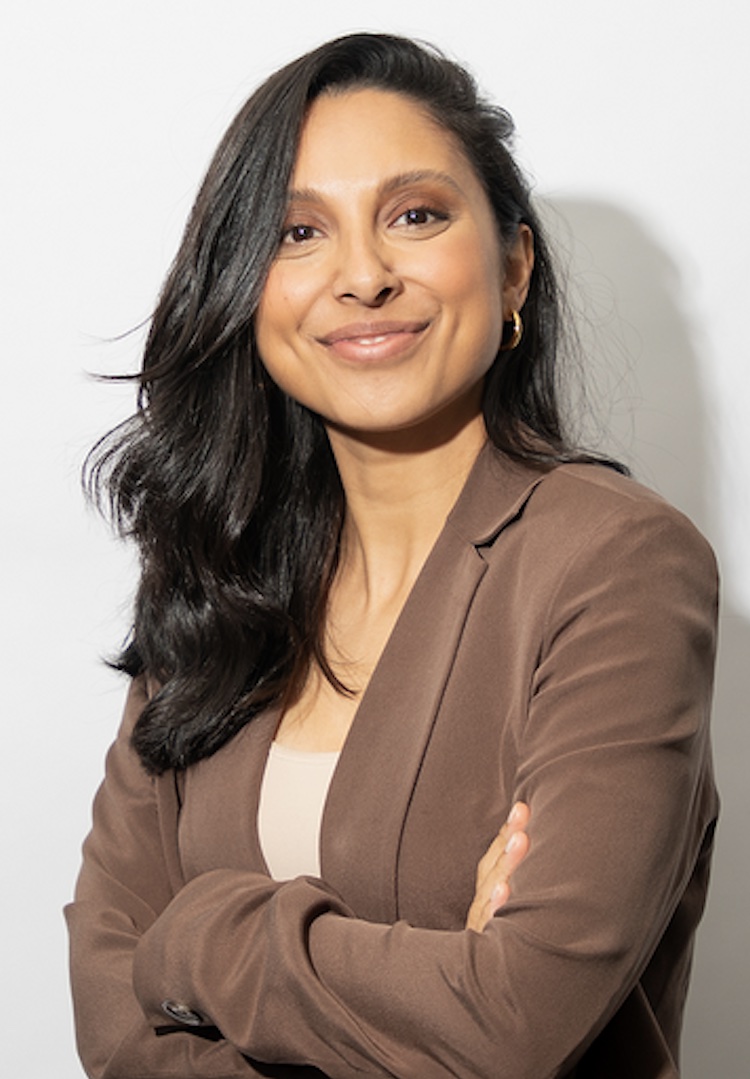How I Got Here: Vogue Australia’s content editor and producer on proving people wrong
WORDS BY ISABELLA WIGHT
“Know when to wait, and know when to take initiative – it’s a fine balance to be sure, but one you’ll need to master.”
Have you ever stalked someone on LinkedIn and wondered how on earth they managed to land that wildly impressive job? While the internet and social media might have us believe that our ideal job is a mere pipe dream, the individuals who have these jobs were, believe it or not, in the same position once, fantasising over someone else’s seemingly unattainable job.
But behind the awe-inspiring titles and the fancy work events lies a heck of a lot of hard work. So what lessons have been learnt and what skills have proved invaluable in getting them from daydreaming about success to actually being at the top of their industry?
Looking for a new 9 to 5? Head to our Careers page for new listings daily.
Welcome to How I Got Here, where we talk to women who are killing it in their respective fields about how they landed their awe-inspiring jobs, exploring the peaks and pits, the failures and the wins, and most importantly the knowledge, advice and practical tips they’ve gleaned along the way.
This week we speak to Gladys Lai, content editor and producer for Vogue Australia, Vogue Living, GQ and the luxury and lifestyle section of The Australian. After undertaking her Bachelor of Arts and Law degree with a plan to become an art curator, Gladys found her moment of career clarity after speaking to Vogue’s editor-in-chief, Edwina McCann. She quickly found herself balancing study, an internship and, not long after, a bundle of Australia’s beloved media titles under her watchful eye.
It may seem serendipitous, but as anyone making their foray into the creative fields will know, every ‘happy accident’ is coupled with perseverance, moments of self-doubt and the willingness to take a risk. This is particularly true when your chosen path means forgoing the expectations of others – those who, as Gladys so eloquently puts it, might consider the creative industries as “‘Lesser’ than more financially lucrative positions”.
Gladys’ journey proves the modern career can be as multi-faceted and brilliantly dynamic as we please. Here’s what she learnt along the way.
What do you do and what’s your official job title?
I’m the content editor and producer for four of News Corp’s Prestige titles, including Vogue, Vogue Living, GQ and luxury and lifestyle for The Australian. That basically means I spend a lot of time writing, keeping my eye on the news and pitching new ideas – if I’m not waxing lyrical about all things culture, fashion and art, I’m thinking about what to say next!
Take us back to when you were first starting out. Did you study to get into your chosen field, or did you start out with an internship/entry-level role and climb the ladder?
My path to journalism was by no means linear, even though I’ve always had a love of writing – English, history and visual arts were my favourite subjects at school. I graduated secondary education with the express intention of becoming a historian of some kind (specialising either in museum studies, the Tudors, or Ancient Greece), and was about to make my way to the University of Cambridge before the financial reality of studying abroad hit me.
Eventually, I took up a double degree at the University of Sydney, specifically a Bachelor of Arts and Laws with a double major in History and Art History, which subsequently sparked a desire to become an art curator. While I briefly entertained the idea of becoming a lawyer, I decided that the creative fields were much more attractive territory – but after a few internships, I soon found my eye wandering elsewhere.
Honestly, I like to think it was fate the day I stumbled into journalism. It was like someone had to hit me over the head and remind me that if I loved writing, I should consider making a career out of it. I found myself at an event that Vogue’s editor-in-chief, Edwina McCann, was speaking at (at my boyfriend’s younger sister’s high school nonetheless… a few degrees of separation there) and after her speech was over, I plucked up the courage to ask her for some advice. After a lovely conversation, she asked for my resume, suggested that I interview for an internship with Vogue, and it was all a blur from there.
I still remember turning up to my interview in a brand new outfit, chattering teeth and all even though it was summer. I managed to make my way through the tough questions (sweating all the while) and was lucky enough to be offered a position the following week. After interning for nine months, I was then offered a freelance position, before being asked to join the team as a permanent editor.
What challenges/hurdles have you faced getting to where you are now? Can you tell us about one in particular?
Definitely believing that everything would work out, and combatting the expectations of others. I went to an academically selective school, where most, if not all, were looking to enter into fields like medicine, law or engineering. When I completed the HSC, I met a lot of people who were surprised, even incensed, that I wasn’t interested in becoming a surgeon or a solicitor (though I did enjoy doing a law degree for fun).
Not, of course, that these aren’t noble pursuits. They just weren’t me. The easiest part of it was admitting to myself that I wanted to try out something that a majority of people might consider ‘lesser’ than more financially lucrative professions. The hardest part was backing myself to continue forging on.
There have been a lot of comments I’ve had to contend with over the years that I’m sure are more than familiar to those also seeking a more creative pursuit. I won’t spend time on them here, because they’re not true. The thing is, I’ve always believed that no matter what field you go into, give it your one hundred and ten per cent and you’ll be alright.
Call it the imposition of ridiculously high self-expectation, or the consequences of a work ethic inculcated by an immigrant mother who always told me to work twice as hard, for half as much. Either way, the lesson for me has always remained the same – persevere and prove them wrong.
And if you’re in the same situation as me (a head-in-the-clouds writer surrounded by friends who are aforementioned doctors, lawyers and engineers), fret not. Frankly, not many people will understand what you’re doing. But that’s okay – you do. And if even one person reads your work and smiles, or comes away with a fresh understanding of the world, that’s enough.
View this post on Instagram
What do you want people to know about your industry/your role?
Thanks to films like The Devil Wears Prada (I still love you, Emily Blunt), people have this strange, dual perception of the fashion industry, and more specifically, fashion journalism. One, that it’s glamorous and high-flying; two, that it’s vapid, pretentious and an exercise in vanity. If you have either of these ideas in your head, defenestrate them. Please.
Journalism is tough. It’s gritty. It means you have to be ready to write 600 words at both 6am and 9pm. When something happens, you have to be the one on the pulse, translating the current of contemporary affairs into something digestible for everyone. You’re the mediator between the world and the people who live in it. And sure, fashion journalism isn’t exactly reporting from a wartorn country. But writing isn’t a game of hardship Olympics, and all news is valuable.
Fashion itself is far more interdisciplinary than people might think. In my time as an editor, I’ve drawn on all elements of my educational background that may to an outsider seem peripheral. My art history degree has been invaluable in visual analysis, my history degree a constant whenever I report on politics, and my law degree [is] always there to balance emotiveness with cold, hard fact and thoroughly researched evidence.
What’s the best part about your role?
One hundred per cent, the best part of my role is the people I work with. I’m still a relative career baby (my editor role is my first ever full-time job, and I’m still at the University of Sydney completing an honours thesis in art history), but the incredible people in the office are always there to both inspire and mentor me. They’re all a true testament to the power of solidarity. There’s not even an ounce of negativity – just constant encouragement, laughter and a collective striving towards team betterment.
What would surprise people about your role?
I think that the amount I have to write is something that surprises most people. On average, I pump out around 3,000-plus words a day – that’s not counting building the stories in our system from scratch, making collages and sourcing pictures, scheduling on Instagram and Facebook, and taking care of Vogue’s internship program. It’s a lot, and it’s both terrifying and invigorating!
What skills have served you well in your industry?
The ability to write cleanly, quickly and thoroughly is a skill I couldn’t live without, and am perennially striving to get better at. Photoshop and an eye for design is also key, as well as a voracious appetite for reading. I credit all my skills to the incredible writers whose work I have been privileged enough to devour on a Sunday afternoon, late-night, or even a casual browse on my phone. Time management and knowing instinctively how to prioritise tasks is essential too – without it, I’d be far away from publishing four articles a day.
What advice would you give to someone who wants to be in a role like yours one day?
Optimism and a willingness to say yes goes a long way. I try not to get into the mindset that any piece of news is beneath doing. Is writing a piece on Kate Middleton, a celebrity baby or a wedding going to save the world? Of course not. But is it news that someone is looking to read? Is it something that you probably need to cover, even if you’re not entirely invested? Is it a piece that you’ll need to put all your effort into anyways? Yes, yes and yes.
Putting up my hand for the more ‘unglamorous’ jobs, accepting responsibility with an open mind and committing myself to the task at hand despite any withstanding sentiments – they’re all habits that I’m so grateful to have developed.
Oh, and I’m a firm believer in smiling all the time because I think it puts me in a better mood, though you are more than welcome to ignore this advice and gaze coolly away.
What about a practical tip?
As someone who interviews all internship applicants for Vogue’s digital team, I cannot emphasise enough how important punctuality and patience is. Know when to wait, and know when to take initiative – it’s a fine balance to be sure, but one you’ll need to master.
And please, don’t come to work with heels on! It’s hard to write an op-ed in heels and a tight dress. Opt for a button-up and loose trousers for maximum productivity.
Looking to step up to a career in fashion? Each week we send a wrap of industry jobs straight to your inbox. Enter your details below and we’ll keep you in the loop, or browse current openings here.

